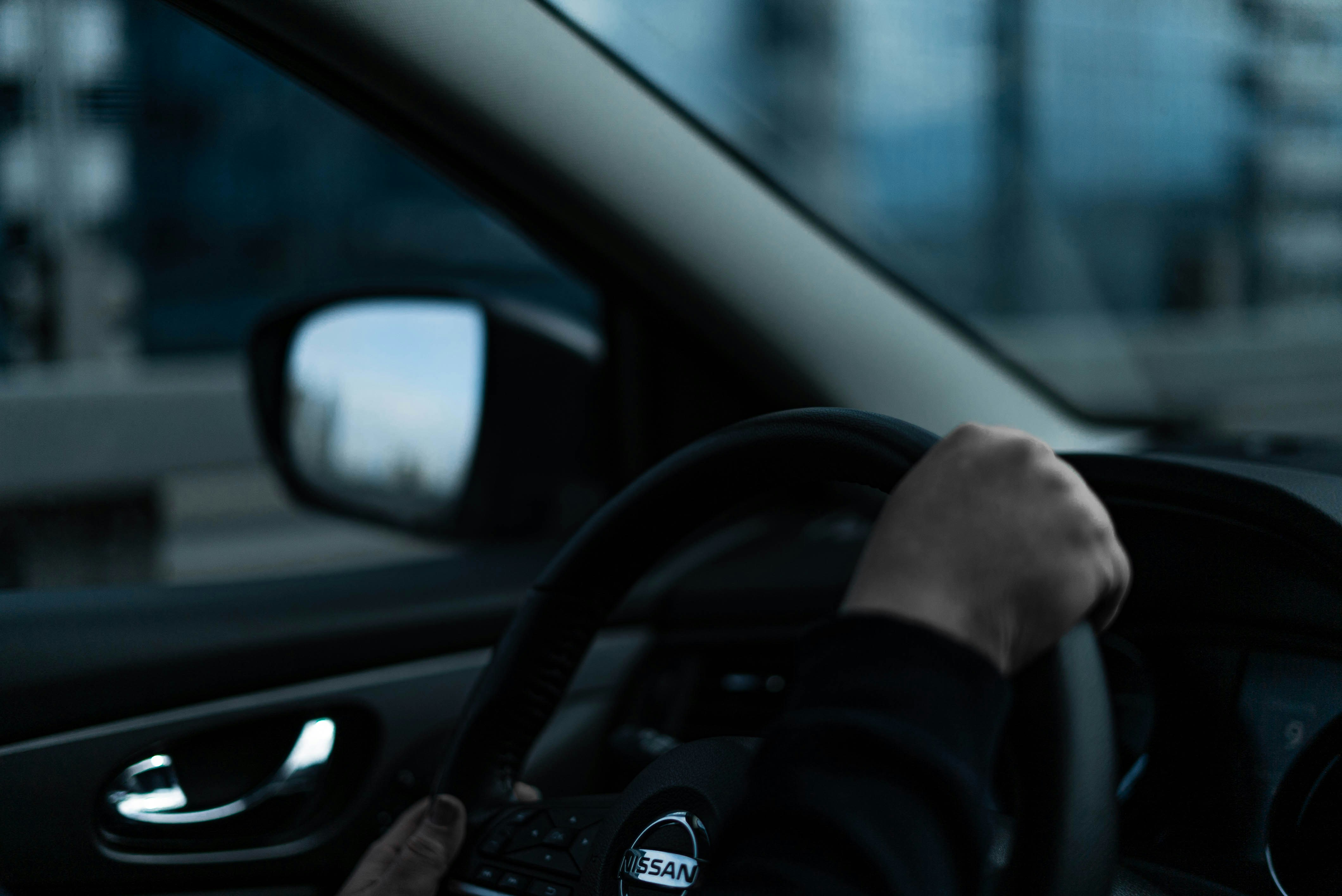Driving disqualified is an offence of driving a car when you’re disqualified by a court from holding or obtaining a licence, requiring no other feature of illegal activity. That means, regardless of the circumstances in which someone is driving the car, whether it be simply driving to work, or driving to the shops to get milk without any speed, or alcohol or drugs in their system.
Driving disqualified charges in the ACT, and in other jurisdictions like NSW carry automatic disqualification periods. That means, regardless of the circumstances in which someone is driving, the law says you will be disqualified from driving for a further 12 months if it is your first offence, or 24 months if it is your second, and the Court has no power to reduce that period. This charge also carries a maximum penalty of 6 months imprisonment for a first offender, or 12 months imprisonment for a repeat offender. It is not uncommon for periods of imprisonment to be ordered for repeat offenders.
In 2017, the NSW Legislature recognised that long license cancellation periods had ‘little or no effect on recidivist drivers.’ The NSW Bureau of Crime Statistics and Research found that where a person felt that they had nothing to lose, and no means by which to demonstrate any rehabilitation, they simply continued to drive.
The reality is these laws disproportionately affect individuals from regional areas. The fact that Courts are forced to disqualify a person from driving for a significant period without any discretion to take into account any of their individual circumstances proves to be a substantial denial of justice. The court is often faced with administering this mandatory penalty, which frequently means the person loses their job, their ability to take their children to school, their ability to go to the grocery shops, or travel to take care of ailing parents for years.
Canberra is a jurisdiction which is highly populated by the trade industry and is also surrounded by NSW. This means that a large portion of our population relies on their driver’s licence to get to and from work.
There is currently an incentive scheme in NSW which allows drivers to apply to the Local Court to have disqualification periods lifted earlier if they had complied with their disqualification period for at least two years. They incentivise compliance and good behaviour and give those a ‘light at the end of the tunnel’. No such scheme exists in the ACT but all experience suggests it is certainly should.
Should you or someone you know be charged with an offence carrying a licence disqualification, it is essential you receive legal advice from an experienced criminal defence lawyer at any early stage. To discuss your options, call Hugo Law Group in Sydney, NSW (02 9696 1361), Canberra (02 5104 9640), Perth (08 6255 6909) to make an appointment to speak to one of our lawyers.
